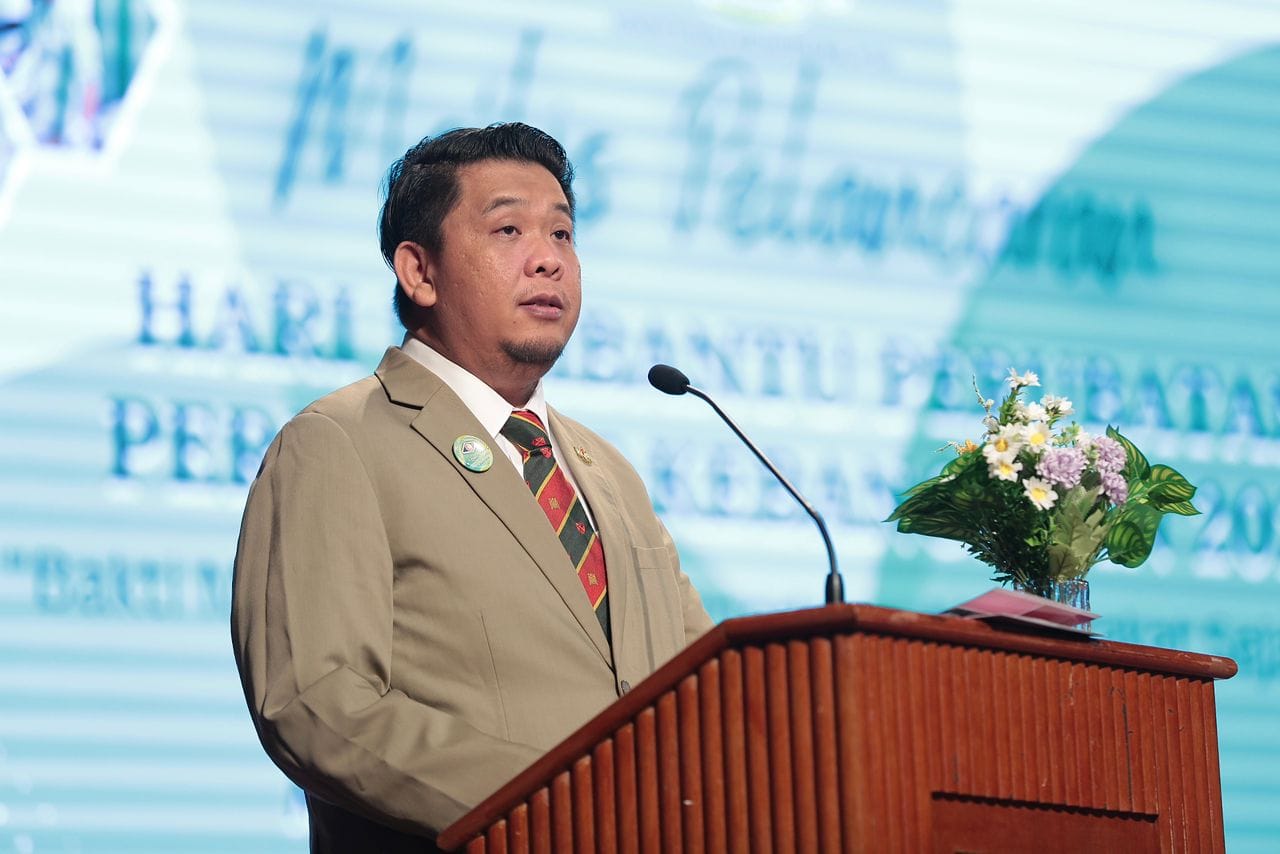KUALA LUMPUR, March 23 – The Health Ministry may potentially terminate its pilot programme on HIV prevention drug PrEP, Lukanisman Awang Sauni said today, amid intense pressure from religious fundamentalists.
The deputy health minister told Parliament – in response to Kuantan MP Wan Razali Wan Nor from PAS, who asked about the Ministry of Health’s (MOH) response towards the Selangor Mufti Department that objected to providing pre-exposure prophylaxis (PrEP) to gay people – that MOH is currently carrying out an engagement session.
“I also see that we cannot prevent groups at risk from getting PrEP. I also believe that it is better for us to prevent those high-risk groups from spreading HIV infection widely to their partners, the community, or their known contacts.
“Therefore, I ask that we continue with an engagement session. And also, the MOH will review the pilot programme that is currently being implemented – whether it should be continued or whether we need to have a way forward so that we can prevent this HIV problem, especially the lifestyle among this group of men,” Lukanisman said during Question Time at the Dewan Rakyat today.
In a pilot programme that started last January with assistance from the Global Fund, MOH made PrEP available for free at selected public health clinics (klinik kesihatan) in states with high HIV prevalence, namely in the Klang Valley, Johor, Penang, and Sabah.
After controversy broke out following the answer in the Selangor Mufti Department’s FAQ website about PrEP, multiple health advocates came out in support of the HIV prevention programme.
The Malaysian AIDS Foundation (MAF), Malaysian AIDS Council (MAC), and the Malaysian Society for HIV Medicine (MASHM) said last December that PrEP was 99 per cent effective in preventing HIV infection via sexual contact, far superseding the effectiveness of other prevention methods like condom use and abstinence.
Lukanisman, who is also Sibuti MP from Gabungan Parti Sarawak (GPS), noted today that the HIV infection landscape in Malaysia has changed from predominantly injection drug use in the 1990s and early 2000s to sexual transmission.
“Now, we must accept the fact that there has been a change in lifestyle, where the practice of the male-to-male lifestyle forms a large part of HIV infection in Malaysia,” he said.
According to the 2022 Global AIDS Monitoring report by MOH’s disease control division, men who have sex with men (MSM) are projected to become the main key population in Malaysia’s HIV epidemic in 2030. More than three quarters of new HIV infections in Malaysia in 2021 were reported among people aged 20 to 39 years.
Lukanisman told Parliament that reported infections at age 20 mean that infections began in teenage years when those infected were still in school.
“So I see that issues like grooming are also a cause as to why some children or teenagers are forced to choose this not very healthy lifestyle,” he said.
One’s sexual orientation, including homosexuality, however, has nothing to do with sexual offences like child grooming.
Sungai Petani MP Dr Mohammed Taufiq Johari from PKR, in an intervention in Parliament, stressed that people can get infected with HIV from heterosexual relations between husband and wife, not just from homosexual intercourse.
“Many of these people with HIV are not sinners or do not do those things,” he said.
In a statement last January, the Galen Centre for Health and Social Policy supported the government’s efforts in making PrEP more widely available ever since the HIV prevention drug was made available in Malaysia in late 2017.
“Providing access to PrEP to those who need it, without discrimination, is key to ensuring that the treatment does what it is supposed to do – reduce the number of people newly infected with HIV,” Galen Centre chief executive Azrul Mohd Khalib had said.
“Denying or providing selective access to pre-exposure prophylaxis (PrEP) is bad medicine, poor practice, and has no basis in public health.”
Editor’s note on March 24: Lukanisman has clarified his remarks in Parliament, tweeting that the PrEP pilot programme will continue and even be expanded.








